European colonization of America[1] opened the door to a yet unknown continent to a part of the world. This entry into the new world led to the development of a social construction based on skin color and Europeans placed themselves on a God-ordained pyramid of humanity where they were on top, and Christ had blond hair and blue eyes.
The created hierarchy developed in orchestration between business ventures and theological support from the Christian church sustained oppression for centuries. It worked hand in glove in promoting, permitting, and proselytizing white supremacy through colonization and eventually global power.
It is essential to consider the historical perspective of the state of Europe in 1491 before the voyage of Christopher Columbus and the search for a faster commercial route. One of the key rationales for the need for a faster commercial route was the increased cost of going through water and land routes primarily controlled by Islamic nations and empires. Thus, finding a faster and cheaper route for trade could help a landmass’ economy that needed a stimulus. Somehow, after “discovering America”, the narrative changes. God had blessed Europeans with a New Canaan to subdue and conquer.
The doctrine of discovery[2] , enacted by a number of Papal Bulls during the 15th century, provided a legal and ecclesiastical framework in which God had uniquely blessed white, Christian Europeans. The doctrine gave Europeans the legitimate right to oppress all people into their religion and at the same time, take the land and be the “new administrators.” In this way, European invaders, first Catholic and later Protestant, brought the sword and God’s Word to a new land given to them by God for their conquering. However, this narrative is not what is typically taught in schools or churches. Instead, a story of brave discovers or refugees looking for freedom of worship is taught, and so begins the complicity on all levels of power to instate racist systems.
In looking back, the reader and the student of history have a unique perspective and experience to question the current status quo and understand why the world is the way it is. The church worked against the message of Christ and worked complicitly to push a doctrine of white supremacist ideology and racism in the country. According to Tisby[3], there are several reasons why the Christian church has been complicit with the formation and continuation of racism and bias in United States.
Creation of Race & Dehumanization
As Tisby states, “there is no biological basis for the superiority or inferiority of any human being based on the amount of melanin in his or her skin.”[4] The encounter between Europeans and native Americans was disastrous. The result was that the invaders had new land, new wealth, and a new path to prosperity not built on trade or commerce but subjugation and oppression. European invaders perpetrated a genocide to take hold of God’s New Canaan land. Centuries of execution and oppression brought the development of ideas of inferiority and superiority among human beings and the creation of races that had some serve and others be served. This idea of superiority found a willing participant in the church, which used Genesis 9:18-21 to validate its actions. In the biblical story, Noah curses Ham, who became the father of Canaan and represented the earth’s darker people. This biblical curse provided a useful framework to justify unspeakable cruelties.
The creation of this new theology about humans changed the practice and behavior between each other. In this idea, indigenous Americans were inferior and were the first people to be enslaved by invading Europeans.
In 1619, the British colonies in Jamestown received their first kidnapped Africans to work as slaves. They enslaved Africans to work in the fields to produce sugar, cotton, and other items; However, the Spanish and Portugal colonies entered the trans-Atlantic slave trade later (starting dates are closer to the early 1520s). The colonies soon began to expand the practice and cruelties over other human beings to generate wealth.
As slavery became institutionalized as a normal practice, more rules were created. From the theological perspective, the enslavers forced the Bible to condone their actions, even when the book was silent on topics – such as passing slavery through different generations. The church aided in the accommodation of the Biblical narrative to make laws under new regulations.
Worship of Wealth
The economic boom of enslaving other human beings led to a growth in wealth in Europe and throughout the colonies. For many Christian leaders, enslaved African and indigenous people’s monetary value was worth more than any potential soul that could be saved in following the gospel. In their quest for riches, enslavers separated families – children from mothers, husbands from wives, and brother from sister, believing that human beings were chattel – of similar value as livestock or cattle. The church’s actions and its leaders were contradictory and hypocritical for it was the same church that taught the value of the family to their white parishioners. The practice was not the same for black and indigenous families; money was their only value.
Comfort over Conscious
Both the Protestant and Catholic church essentially chose comfort over reflection and ignored whether or not the society was living out the message of Jesus Christ. The comfort in maintaining systems of oppression provided ease for creating the society based on white supremacy.
The Civil War did not topple this society based in the faith and theological practice of white supremacy; this society only morphed. Indeed, 256 years of building a society based on a false hierarchy of race continued in the Jim Crow era and carries on today. The church developed the theology needed to maintain a way of life. White people continued worshiping in their sanctuaries and preaching what they believe was the gift of God – whiteness. Their worship of God-given whiteness made their practice of superiority outside the church, the other six days of the week, much more comfortable. As such, churches were part and parcel in developing laws that conserved the power structures and regulating black bodies, everyday “Christians saw no contradiction between their faith and the racism they practiced in subtle yet ubiquitous ways.”[5]
The practice of racism in this country depends on political, social, and religious cooperation and unity alongside the church’s complicity with slavery, discrimination, and racism – White Supremacy. This faith that has been so corrupted to see bondage by their own hands as morally right shows the decay and death of these beliefs’ institutions and practitioners.
Still to this today, we continue to suffer and struggle with the impacts and practice of racist ideology created over five centuries ago. The large movements in the last decades for liberation and freedom still carry the heritage of centuries of brutal oppression and separation based on our skin color. Dr. Martin Luther King Jr.’s message still clearly resonates today.
How can a country’s built-in blood and pain produce something useful? This story is the same in countries throughout the continent. Reflections are the necessary steps to reconstruct a more just church and society.
The church can choose to lead for justice as opposed to justifying oppression. As an active member of the church, our mission and God-given command is to denounce the church’s role in supporting white supremacist ideology in the country and to continue with the process of healing in order to bring a real healing to our society.
[1] In this review, I use the term America to describe the entire continent, including both the North, South, and Central Regions. For indigenous people, it is considered one land connected.
[2] Mark Charles and Soong-Chan Rah, Unsettling Truths: The ongoing dehumanizing legacy of the doctrine of discovery. InterVarsity Press, 2019.
[3] Jemar Tisby. The Color of Compromise. Zondervan Reflective. 2019
[4] The Color of Compromise. Jemar Tisby
[5] The Color of Compromise. Jemar Tisby
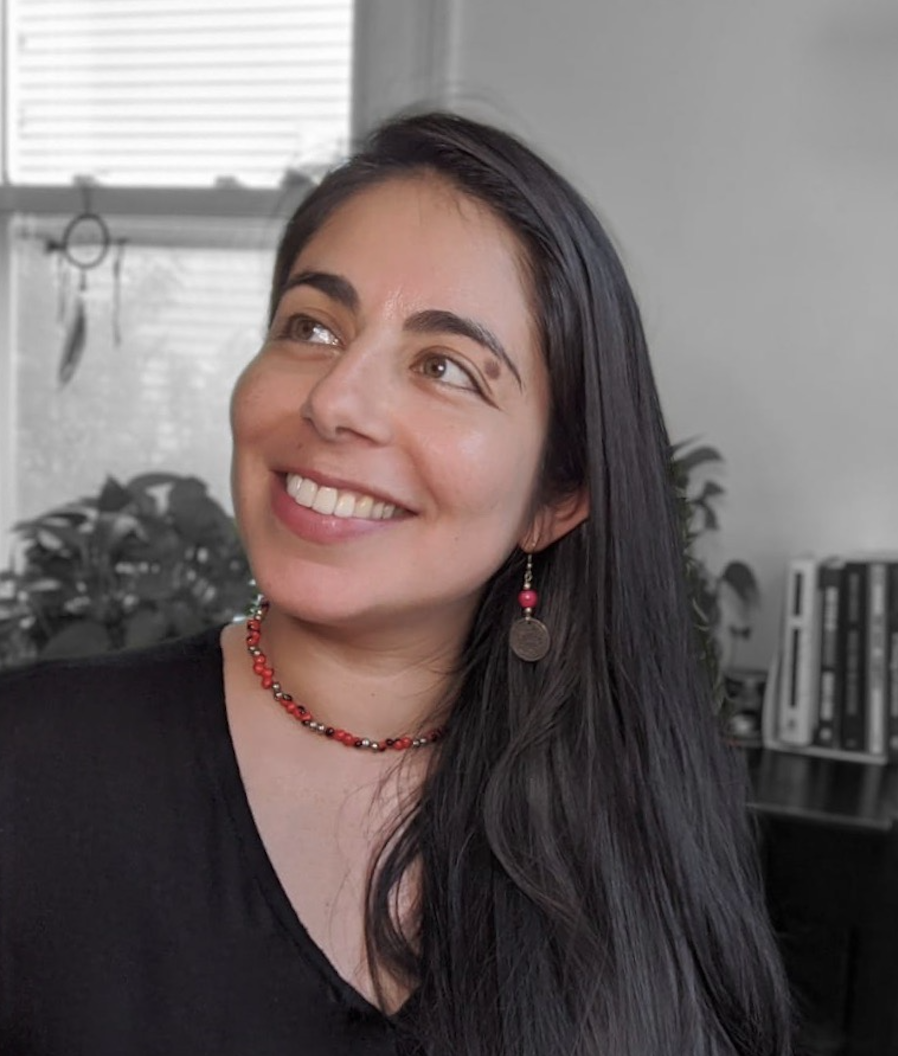
Yenny Delgado-Qullaw (she/her/ella) Social psychologist and contextual theologian. She writes about the intersections between politics and faith.

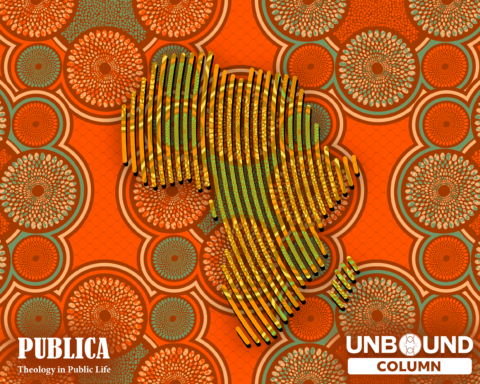
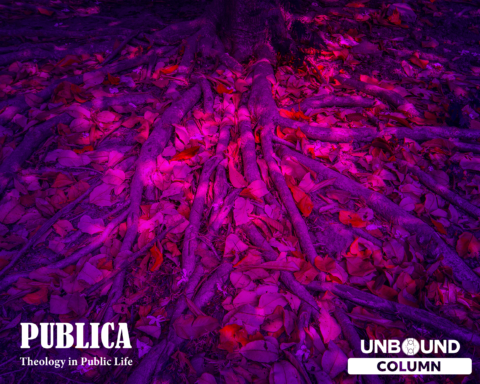
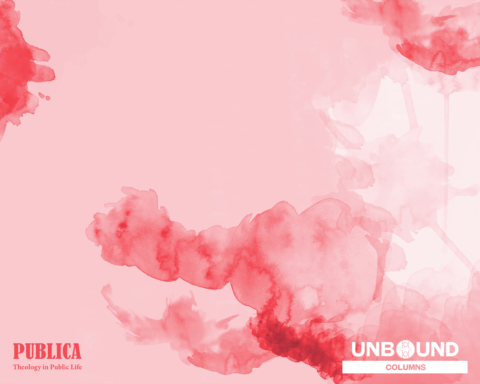
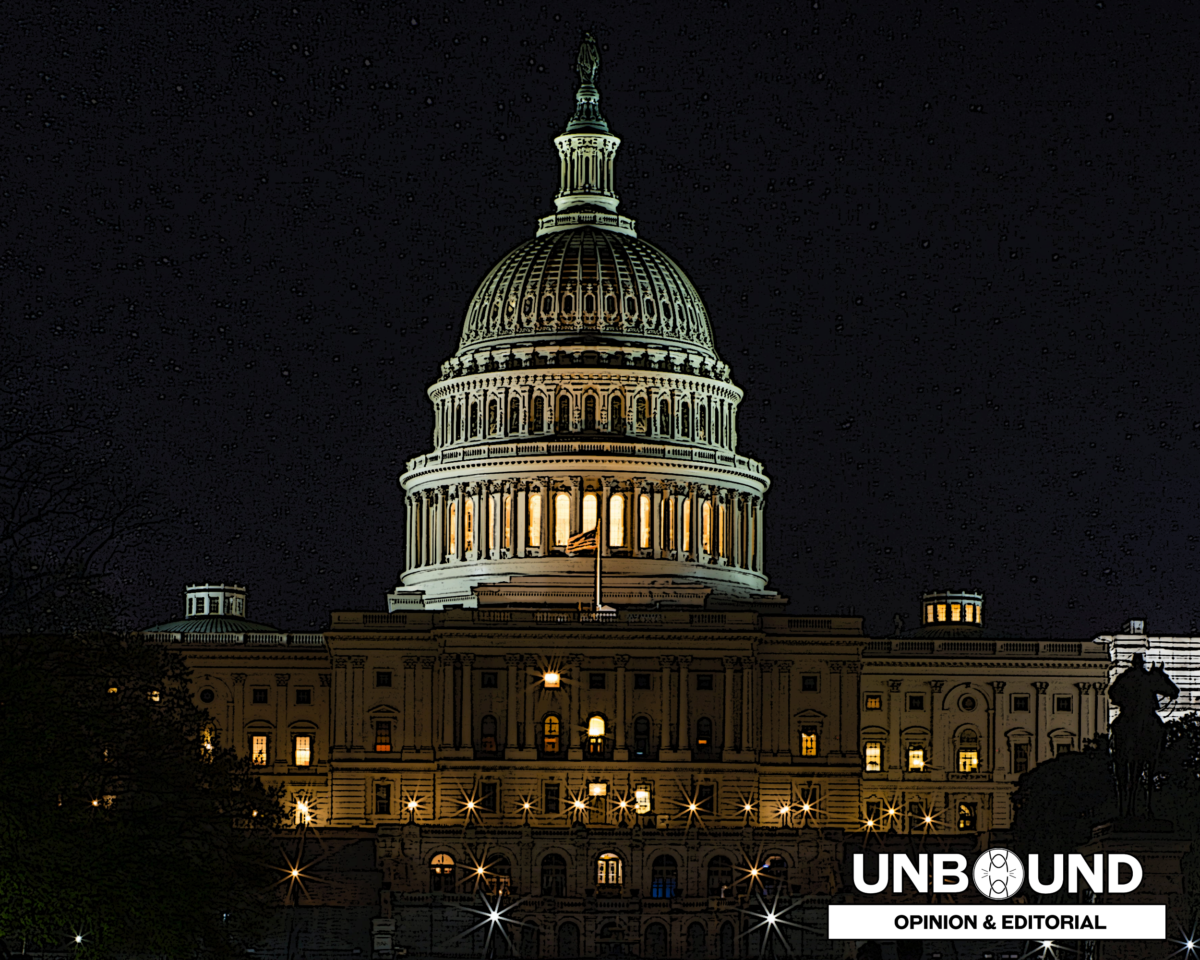
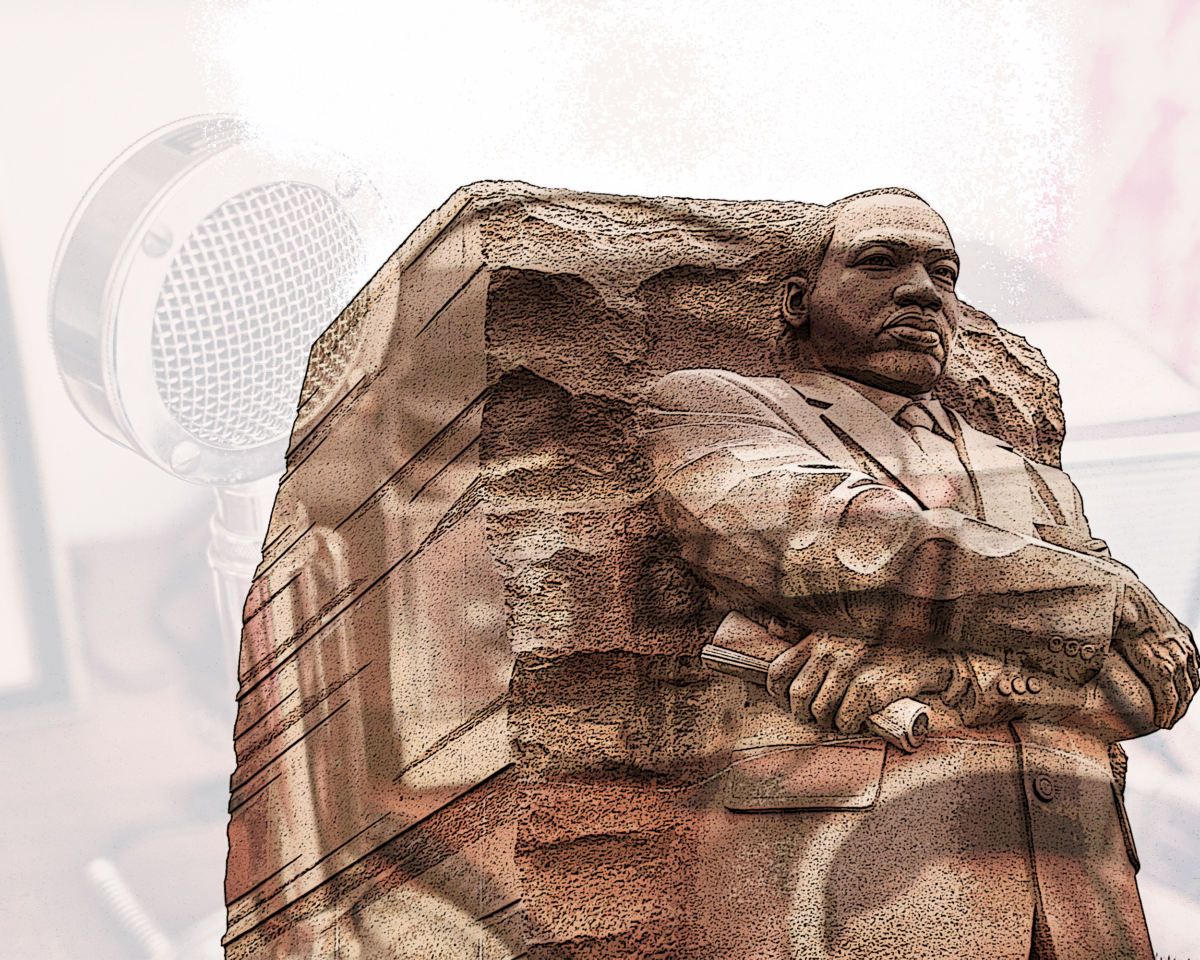
Unbound Social